FCC lifeline plan puts mobile carriers' interests ahead of program goals
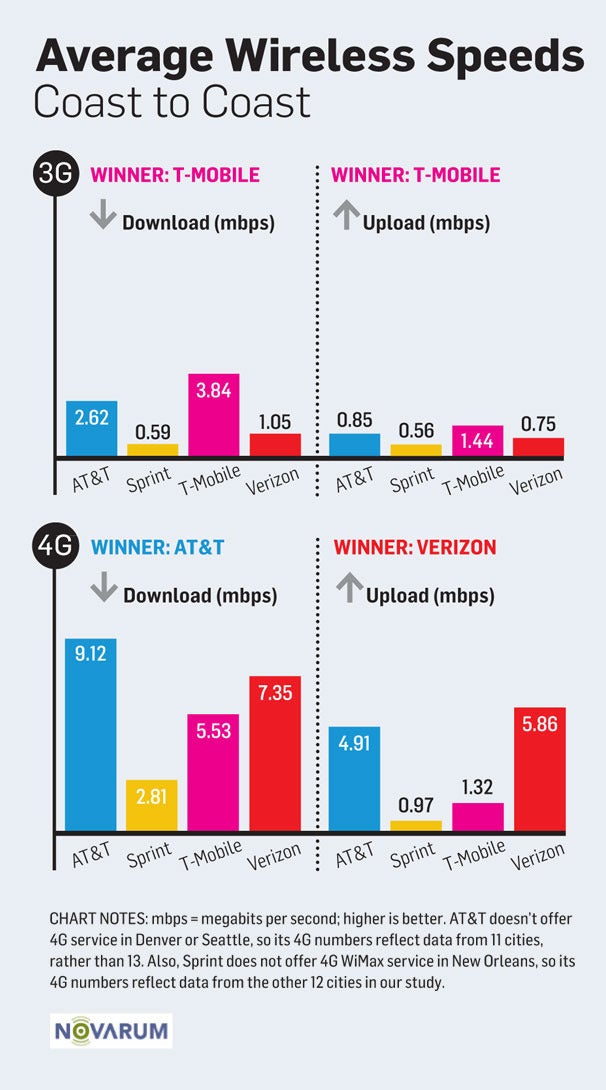
PC World’s 2012 test results, click for the full article.
The Federal Communications Commission is set to vote later this week on a plan to transition its lifeline program from voice-only service to a combination of voice and broadband. The program gives a subsidy to service providers – $9.25 per month – so they can offer discounted packages to low income households.
The FCC won’t let the public know the details of the plan until after its been approved.… More

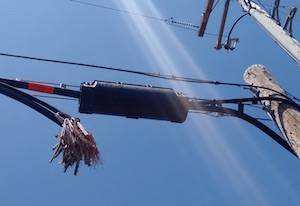


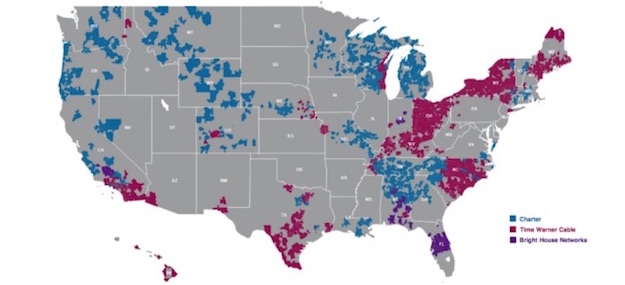
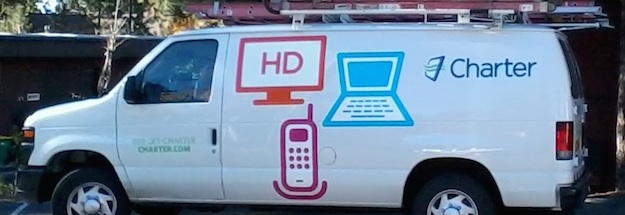
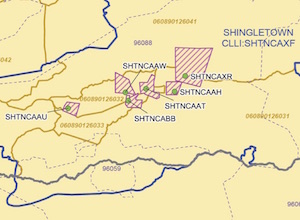
![By This photo was taken by Przemysław Jahr Autorem zdjęcia jest Przemysław Jahr Wykorzystując zdjęcie proszę podać jako autora: Przemysław Jahr / Wikimedia Commons (Own work) [Public domain], via Wikimedia Commons](https://www.tellusventure.com/images/2016/3/3g_phone.jpg)
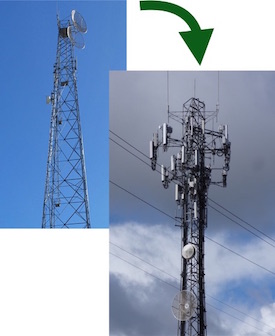
![By mattbuck (category) (Own work by mattbuck.) [CC BY-SA 2.0 (https://creativecommons.org/licenses/by-sa/2.0) or CC BY-SA 3.0 (https://creativecommons.org/licenses/by-sa/3.0)], via Wikimedia Commons](https://www.tellusventure.com/images/2016/2/crash_barrier.jpg)